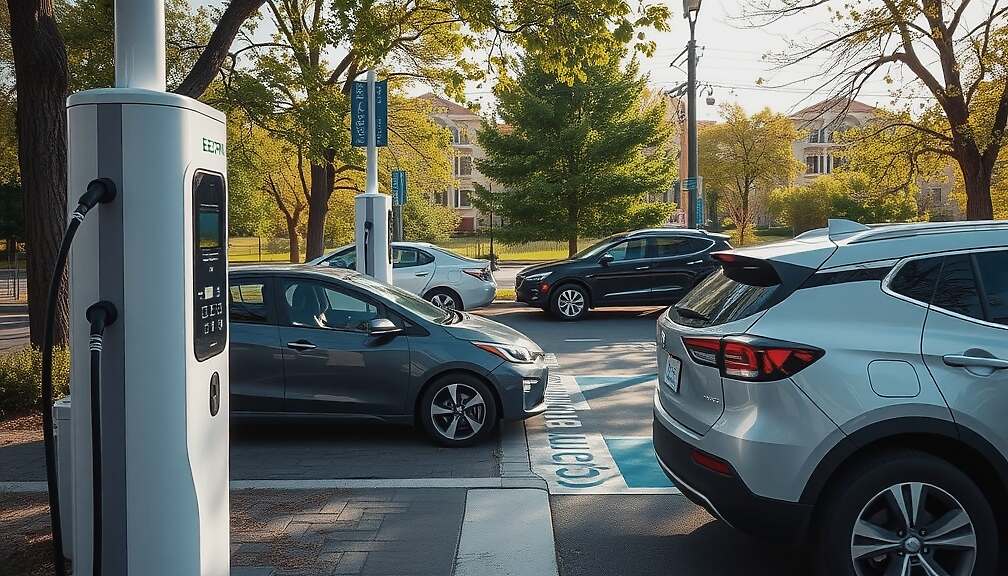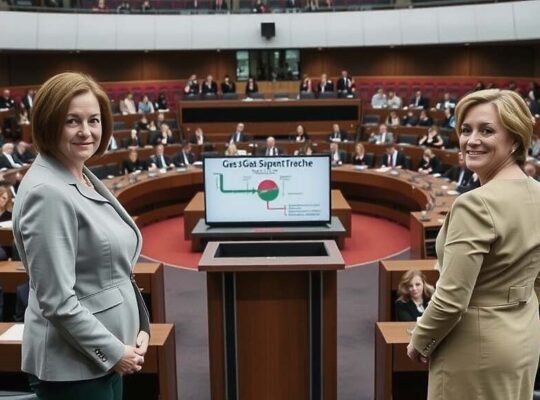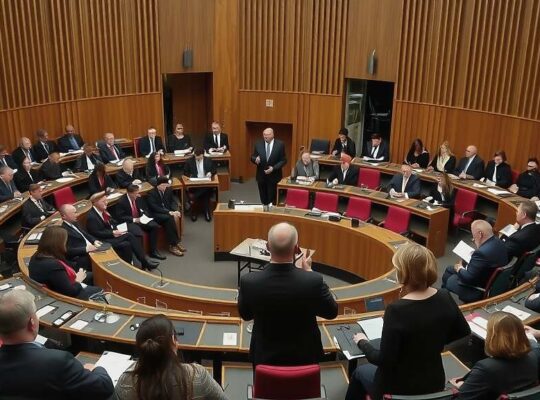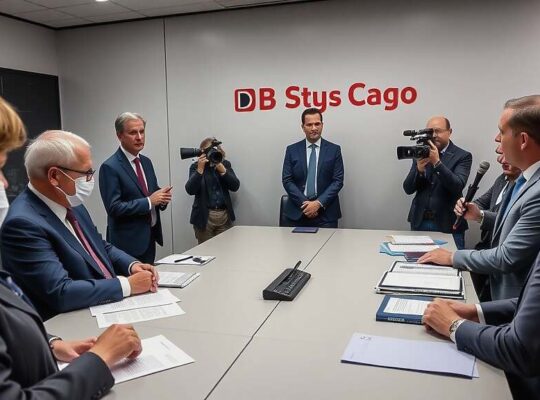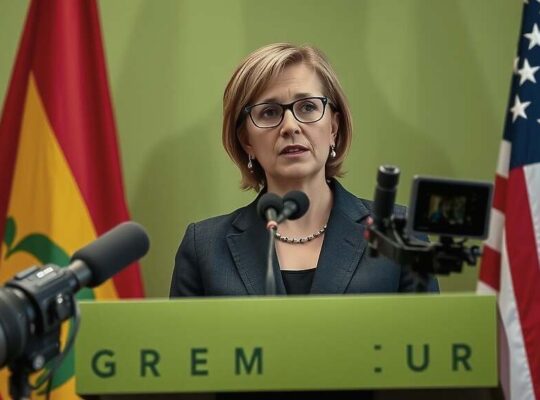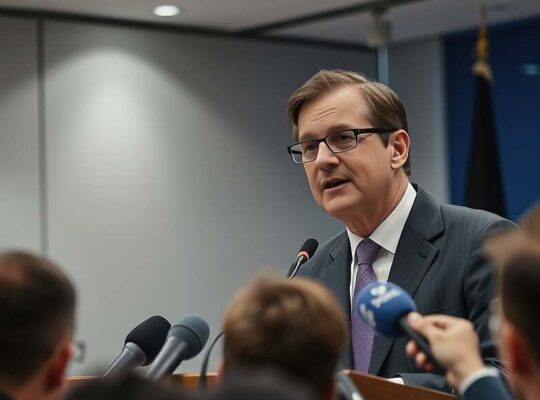The consumer protection organization, Verbraucherzentrale Bundesverband (VZBV), is urging Federal Minister for Transport Patrick Schnieder (CDU) to provide greater specificity and accountability within the “Masterplan Ladeinfrastruktur 2030” a national strategy aimed at accelerating the adoption of electric vehicles. Concerns are mounting that the current plan lacks concrete action and relies heavily on deflecting responsibility to the European Union.
Gregor Kolbe, VZBV’s expert on transport markets, voiced frustration in an interview with the Rheinische Post, stating that the government demonstrates a reluctance to seize national control and implement decisive measures. While acknowledging that the plan’s objectives are generally well-conceived and potentially attractive to consumers, Kolbe criticized the frequent reliance on announcements without corresponding legislative frameworks to guarantee their realization.
The Masterplan, recently approved by the cabinet, proposes improved price transparency at public charging stations, including the establishment of a dedicated price transparency agency. However, the ADAC (German Automobile Club) has expressed cautious optimism, highlighting a significant potential loophole. Alexander Toop, ADAC’s expert on electromobility, questioned the effectiveness of the agency, noting the absence of penalties for providers who choose not to disclose their prices. He emphasized that the plan’s intent to prioritize consumer interests is commendable; however, the frequent invocation of EU directives as a shield allows Germany to avoid setting a leading example.
This debate reflects a broader scrutiny of Germany’s commitment to its own climate goals. Critics argue that the government’s hesitancy to implement robust, national regulations-particularly regarding price controls on public charging-undermines the credibility of Germany’s transition to electromobility and risks alienating consumers who are crucial to the success of the Masterplan. The reliance on EU regulations, while potentially easing the immediate burden on national authorities, represents a missed opportunity for Germany to demonstrate leadership and commitment to the ambitious goals outlined in the infrastructure plan.


